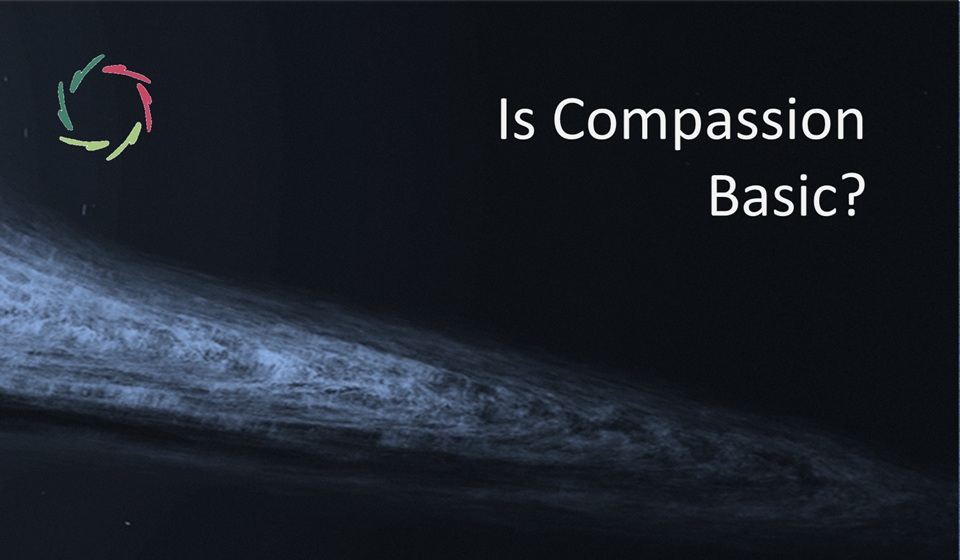Compassion: Relief of Dissociation

This is not straightforwardly the diminishment of suffering. Relief of inner dissociation acts from where it counts: from inside out.
Inner dissociation is the presence of stark incongruence(s) in human depth.
Eventually, in-depth, ‘suffering’ is itself the feeling of this inner incongruence. The related tension is the tension between mutually incongruent, mental subconceptual patterns. [see: “Cause of All Suffering: Dissociation”]
The straightforward diminishment of suffering may heighten dissociation.
For example, a patient in pain who takes a painkiller effectively ‘kills the pain.’ He doesn’t communicate with the possible inner source of pain. The pain-as-asking-for-attention is ignored. As a result, inner dissociation may heighten.
In due time, also the suffering heightens. [see: “Inner Dissociation is NEVER OK!”]
Compassion has another direction.
It is not directly symptom-oriented, thus also not directly symptom-diminishing. However, in many cases, the symptom is an appropriate entry. Therefore, Compassion may appear to be concerned with the symptom itself, while it mainly involves what’s lying behind.
Thus, asking some ‘Symbol of Compassion’ (God or god-like figure) for a straightforward relief is counter to the deeper meaning of things. In the best case, it is not efficient. In the worst case, it is counterproductive.
Nevertheless, for thousands of years, people have asked some godly figure to intervene for their sake, sometimes in disregard or counter to the wellbeing of others. These others may do the same. As a curious consequence, both armies in a war may think ‘god’ is on their side.
May the real God stand up and say what he thinks of this?
You cannot manipulate Compassion.
You cannot take a knife and carve out deep suffering. Its relief needs a diminishment of dissociation. This, too, cannot be carved out. It can only diminish through a process of growth. The support of this growth is Compassion.
This takes the time it spontaneously needs. One way or another, trying to manipulate or coerce growth destroys it. But one can heighten the chance to let it come spontaneously by opening and inviting.
You open the door. You welcome the guest. The guest enters spontaneously. This is a general principle applicable in psychotherapy, leadership, etc.
Only, please don’t think it’s as easy as I make it seem now.
Relief of dissociation at many levels
From personal to societal, to the world. [see: “Dissociation at World Level”] Dissociation at the world level also makes Compassion crucial at the world level ― for instance, in diplomacy. The same principle is pertinent at all levels, contributing to each other.
Waiting for one to start at another will not work.
We need Compassion at all levels now.


